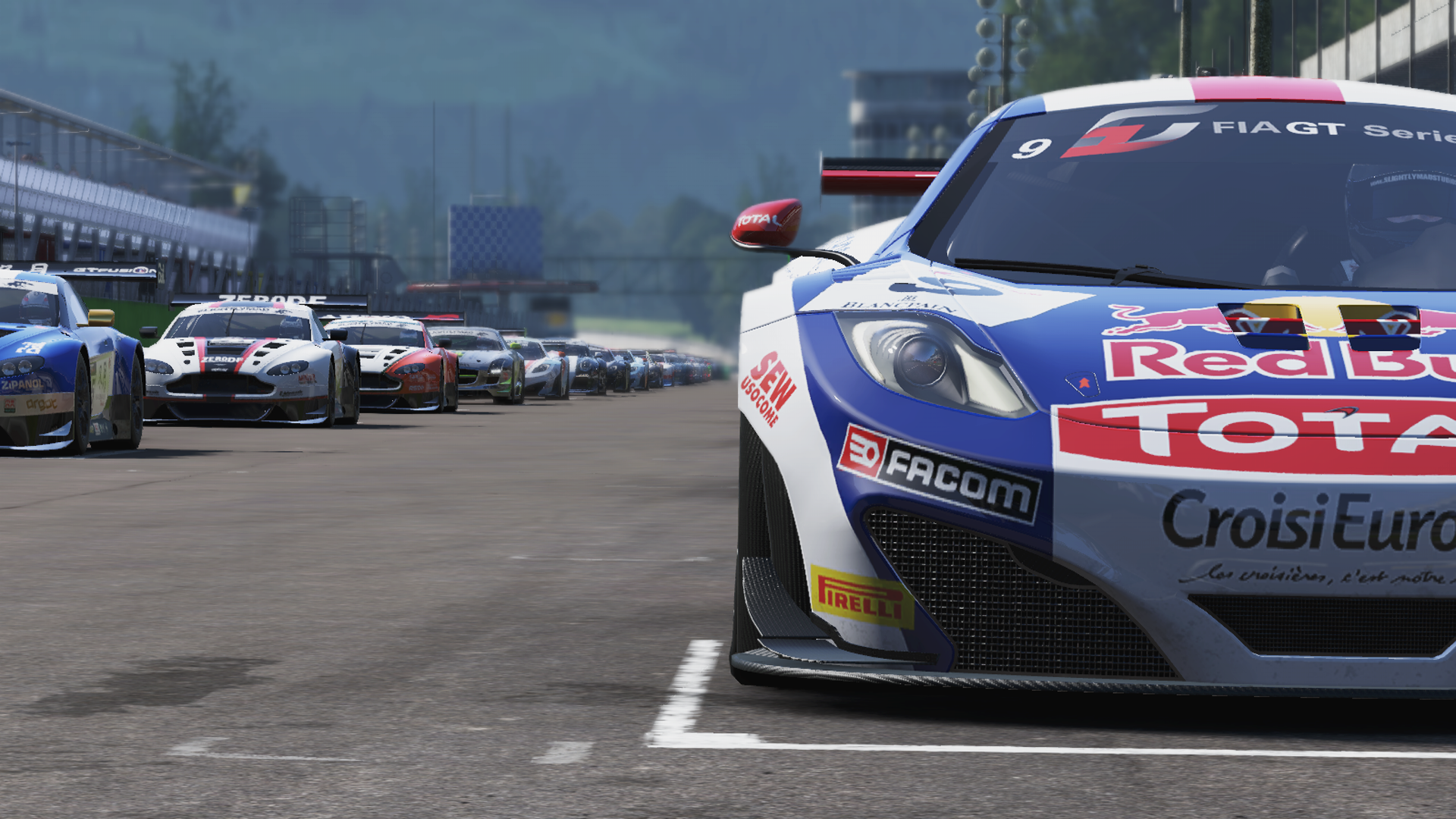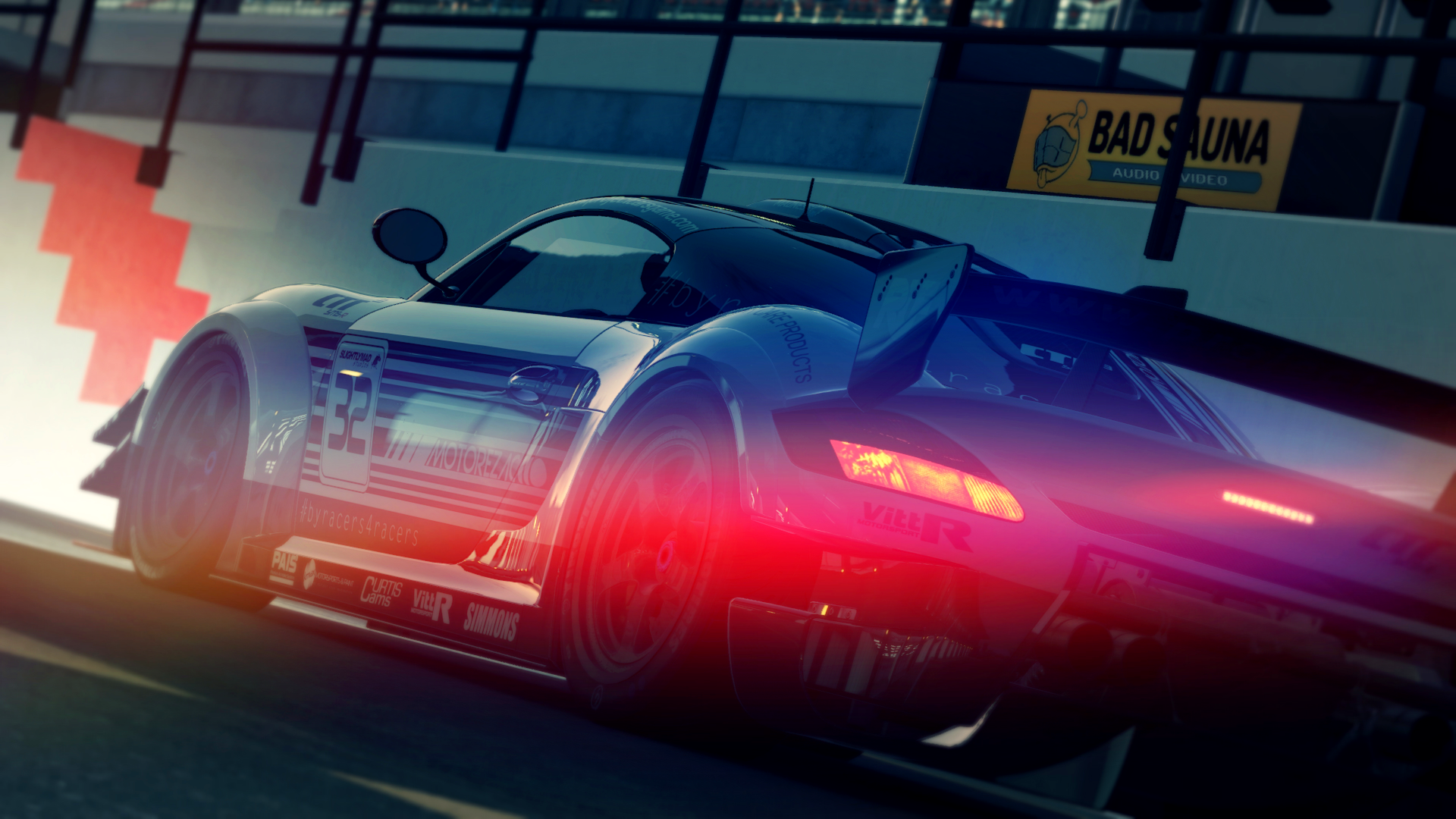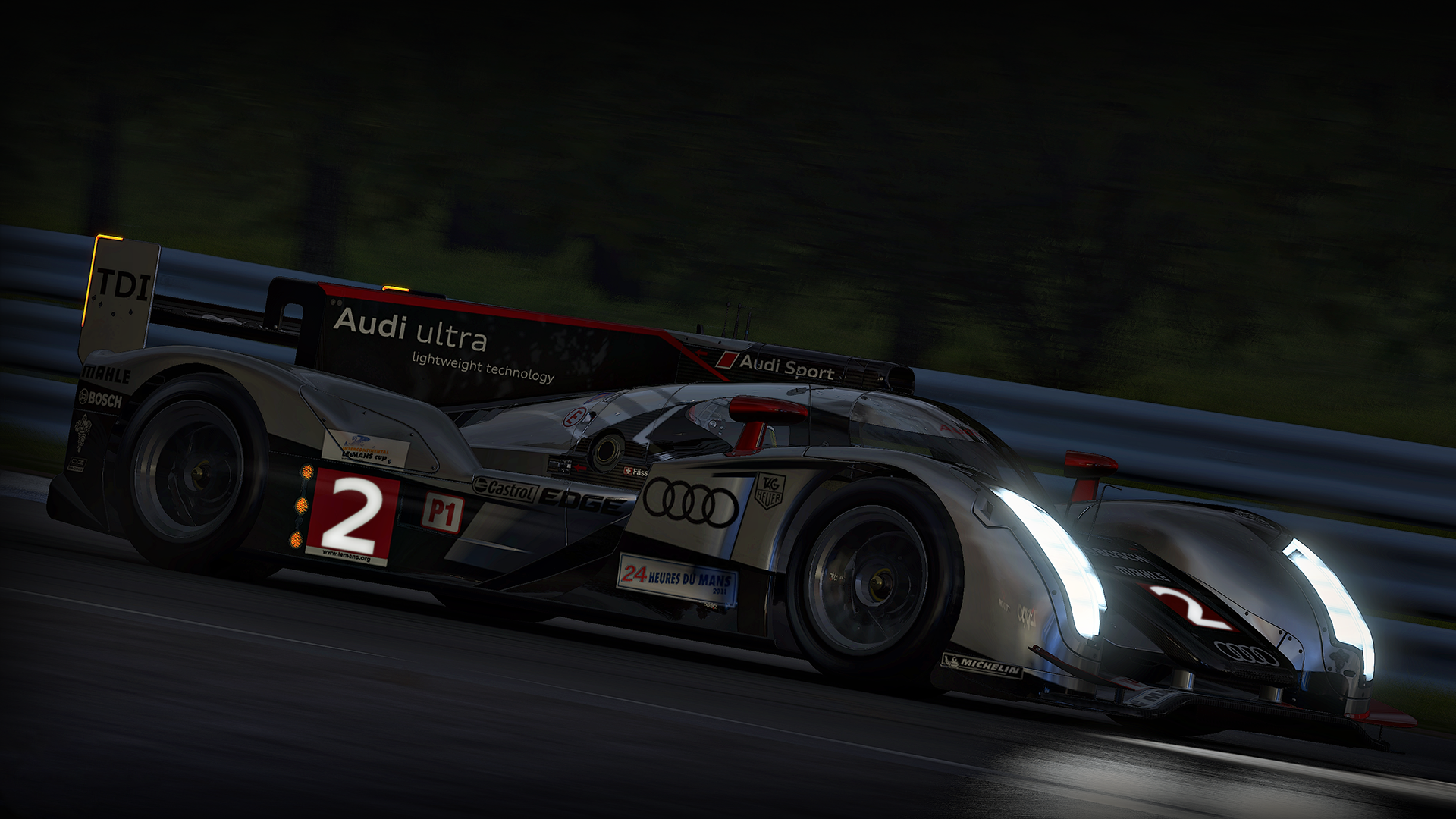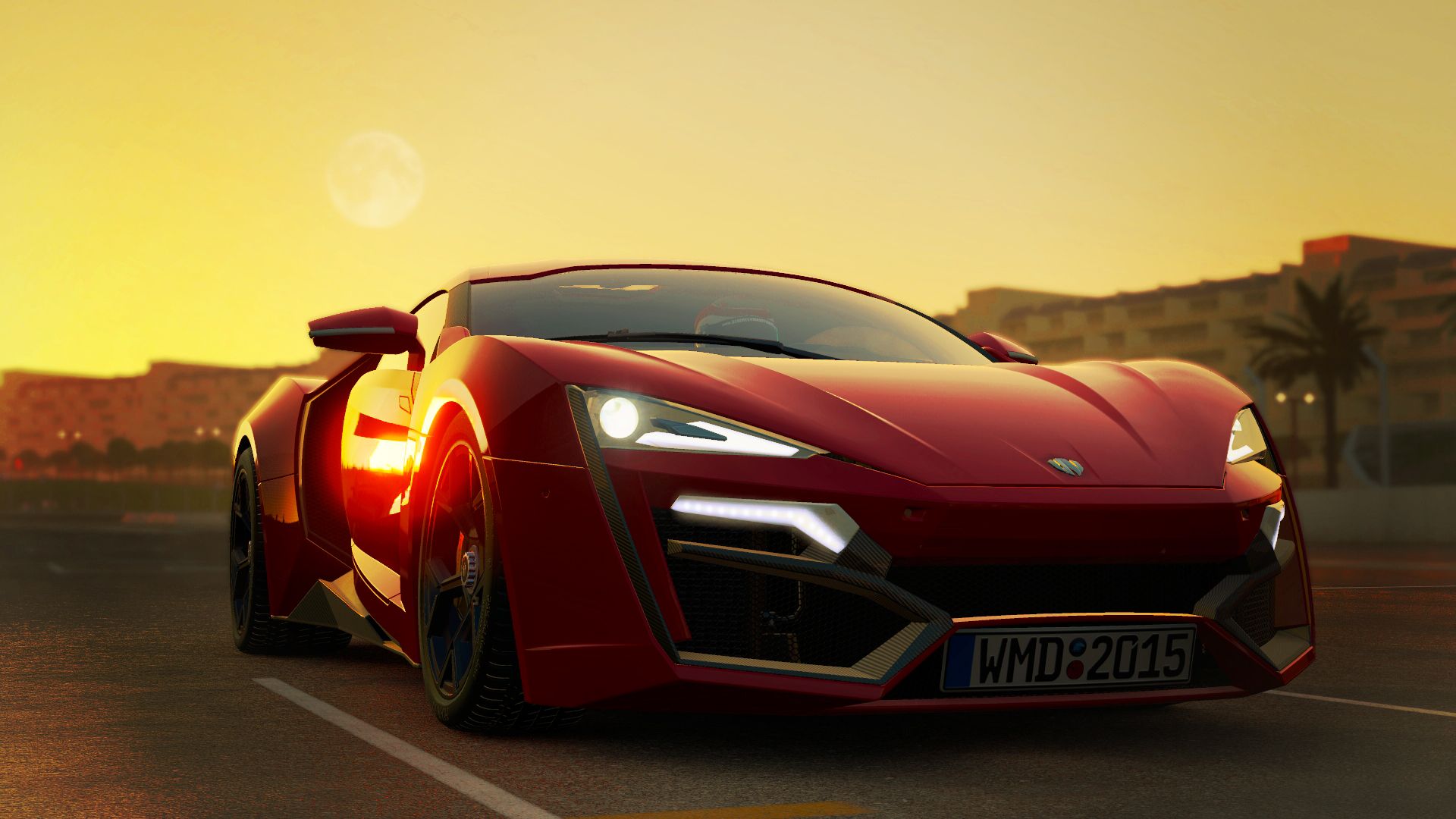Until now, for driving game enthusiasts who bought a PS4 or Xbox One, the pickings have been unexpectedly slim.
Our quick take
Gorgeous visuals, stunning handling, and a great assortment of tracks all stand head and shoulders above some of Project Cars' minor niggles.
Delayed time and again, the developers have been working overtime to smooth the game's lumps and bumps out for its release, the final product - while still not quite perfect - is a rewarding venture for any racing fan.
Finally, the racing game drought on the Xbox One and PS4 is over. Project Cars is, by some considerable distance, the best driving game you can buy for the new-gen consoles – and quite possibly the best one on PC, too.
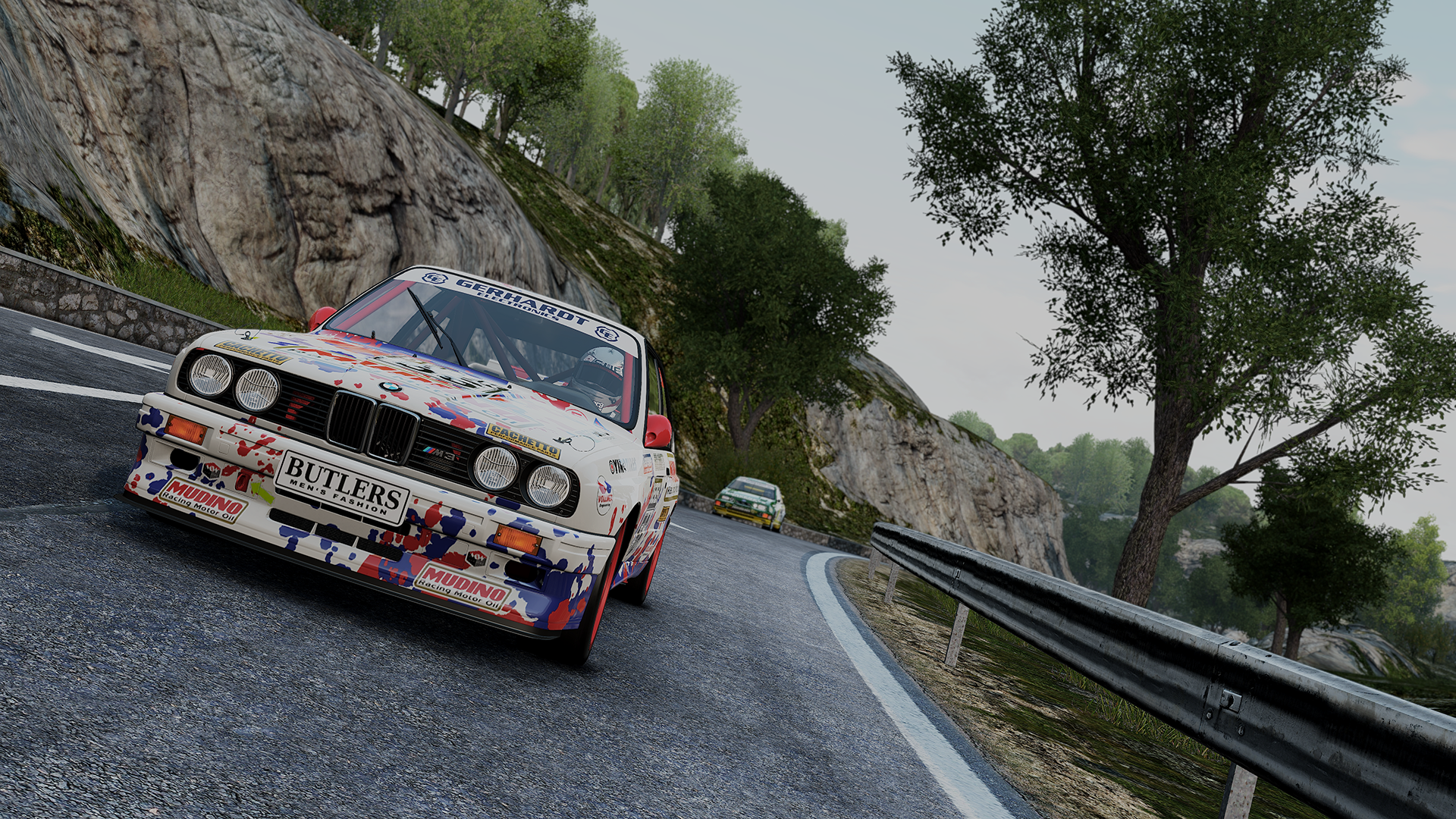
Project Cars - 4.5 / 5
| FOR | AGAINST |
|---|---|
|
|
Project Cars
Ground-breaking driving games are usually a staple of any console launch, and sure, Xbox One owners can play the brilliant Forza Motorsport 5, but it feels squeaky-clean and lacking in excitement or innovation (and was overshadowed by its arcade-style sibling, Forza Horizon 2). Meanwhile, the less said about the shambles that is DriveClub, the better (we liked it, but the online debacle has caused ongoing issues).
Luckily, the unlikely figure of Project Cars is riding in to save the day. After numerous delays, is it the champion racer that new-gen console owners have been waiting for?
DIY development
Provenance-wise, Project Cars is the classic, plucky underdog Brit. Recently established, middle-ranking London developer Slightly Mad Studios even resorted to funding it on Kickstarter, but thanks to amassing a community of fans via games like GTR and Need for Speed: Shift, it found tens of thousands of backers, who then got deeply involved in Project Cars' development process.
In particular, they voted to determine which tracks, racing formulae and cars should be included, and even have their own wing of the game's multiplayer side, entitled Driver Network, which features online races and challenges (although sadly it wasn't up and running pre-launch, so we haven't dabbled in here).
This means there's a pleasingly DIY feel to the whole affair, which is poles apart from, for example, Gran Turismo guru Kazunori Yamauchi's almost painfully meticulous approach. And given it will probably be years before the next Gran Turismo arrives, we can revel in Project Cars instead for the time being.
From amateur to pro
So what of Project Cars itself? It's a sim-style, track-based racer that boasts gloriously lifelike facsimiles of some of the world's finest tracks – the Nordschleife, Silverstone, Brands Hatch, Bathurst, Le Mans, Monza and Spa among them – and focuses, in the single-player Career mode, on the whole spectrum of racing formulae, taking in everything from karts up to fearsome LMP1 endurance racers, with plenty of open-wheel, touring car and GT action to be found in between. There are even sort-of Formula One cars (in Project Cars called Formula A, no doubt for licensing reasons).
Structurally, Project Cars takes an innovative approach that lets you dictate proceedings, according to your general level of driving skill (or lack of it). In Career mode, there are eight racing Tiers, from karts up to LMP1 and Formula A, and you can jump into any of them, opting to build up a reputation as an untried kart-racer and progress through the formulae or, if you fancy yourself, go straight into the highest echelons of motor racing.
Despite Project Cars' deep authenticity as a simulation of real-life motor racing, it is still thoroughly forgiving for those whose skills aren't over-conspicuous: as well as availing yourself of a plethora of driver aids, you can even set the skill level of your AI (artificial intelligence) opponents.
There's no rewind function, but you can allow yourself to restart sessions that don't proceed according to plan. For once, there's no need to grind through designated formulae in order to gain XP and win cars – indeed, Project Cars has no XP system. Instead, your results generate offers from teams in higher-up formulae (as well as entry to invitational events mid-season), and at the end of each season, you choose the most appealing option.
Online egos
You're given the back-up of a manager and a race engineer, who coach and encourage you via the speakers in the consoles' controllers. Further ego-boosting comes from a pretend social networking engine, which allows motor racing fans to tweet about your exploits and websites to write about them.
However, the ego-massaging judders to an abrupt halt when you go online. Even though Project Cars' AI is pretty impressive, things get an awful lot more brutal when you race against human opposition.
Online, as in the single-player game, things are pretty open-ended and user-defined, so you have to pay attention to the cars your opponents are choosing, and put yourself in similar machinery. Commit indiscretions like cutting corners, and your engine's power will be cut summarily for a period.
It's easy to create private online sessions with much more tightly defined rules about whether driver aids are allowed, what cars are eligible and so on, which will delight those who run virtual car clubs.
Sublime handling
Project Cars' unstructured approach would probably border on the chaotic, were it not for the game's finest attribute (stunning visuals notwithstanding): the sheer feel and feedback you get from the cars.
Even with a standard console controller, you get incredible force-feedback (somehow, for example, you can feel individual tyres passing over low kerbs and the like), and the cars' attributes feel very different, yet utterly convincing.
For that reason, it's great fun to start at the bottom in Career mode – the tracks look the same, but feel completely different if, say, you go from driving them in a 250cc Superkart (twitchy as hell but able to stop on a sixpence) to a Caterham Super Seven (grippier, a bit stately, and conducive to four-wheel drifts).
You have to alter your driving style drastically for different machinery – exactly as you do in real life. Plus, you must keep an eye on the heat of your tyres, and if, say, it's raining consistently, grip levels drop as the track gets wetter.
Stunning visuals
The visuals also add to the air of authenticity – Project Cars looks simply stunning, with mind-boggling levels of detail and crispness. Raindrops build up on bonnets and windscreens and, if you're driving at sunset, you often get temporarily blinded when driving over a crest. And you really feel elevation changes in circuits like Brands Hatch – this is one game in which you'd have to be insane to deviate from the cockpit view.
It's not quite all sweetness and light though. Occasionally you encounter rough edges that remind you that Project Cars wasn't crafted by one of the traditional big-name racing game studios.
The menus, for example, often default to the most unhelpful option, and your race engineer can often go AWOL for a few races, startling you when he re-enters the fray. The way in which minor off-track excursions invariably to lead to invalidation of your current lap-time (and, sometimes that of the next lap) also annoys.
But such quibbles are minor, and in all the important aspects, Project Cars throws down a formidable challenge to rival – and much more fancied – developers.

